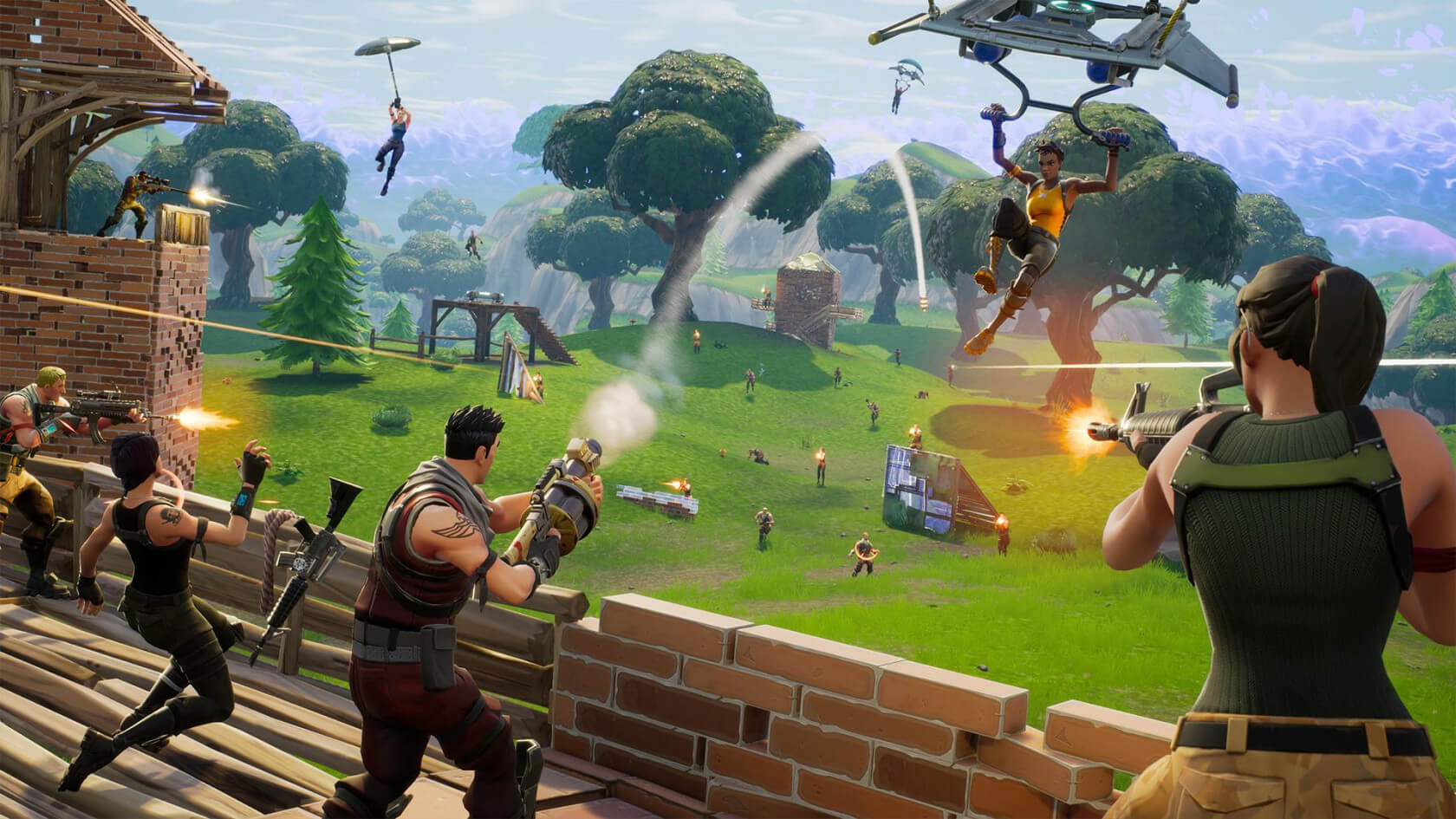How Can War Games Help In Increasing Your Thinking Ability?

Technological developments have swiftly made their way into the gaming industry. Not just in terms of gameplay, but the entire concept of multiplayer gaming has advanced exponentially compared to how they were back in the 90s. The current multiplayer gaming industry has been seeing a steep rise in the number of multiplay battle games, which supposedly help increase players’ thinking ability. Is that true? Let’s find out.
Robotic warfare, kingdom defense, and other shooting games have proven to be effective stimulants that can boost creative thinking ability. This claim is backed up by a scientific study in London in 2012-13.
The study analyzed two groups of volunteers. One played a strategy or shooting game, and the other played a casual simulation game. The results confirmed that the former group exhibited increased thinking ability after playing a strategy game.
There are many reasons for this observation of how war and strategy games can increase cognitive abilities. A few of them are listed down below.
- They strengthen decision-making ability: One crucial factor determining a person’s cognitive ability is their ability to make decisions. Robotic warfare games reinforce this skill as they require players to incorporate strategic moves to win the battle. As a player, one must be able to make the right decisions quickly. Since robotic battle games present a high-paced gaming environment, they help train the brain to analyze risk quickly. This, in turn, results in faster decision-making ability.
- War games strengthen memory: Imagine yourself in a real battleground in the 1400s. If you were fighting off your opponent on a real battlefield, you would’ve utilized various skills and abilities, and memory would’ve been one of them. A fighter must have a great memory retention ability to put different war strategies into practice, track their opponent’s moves, and, most importantly, remember who their opponent is. They would require to have strong spatial, working, and episodic memory. Similarly, robotic war games imitate the conditions of a real battleground and need players to use their memory the same way as they would in a real fight between kingdoms. Robotic war games require players to navigate through virtual battlegrounds, so players use their spatial memory to remember the position of the objects in the virtual space. Likewise, they use their working and episodic memory to recall their opponent’s moves and make war strategies accordingly.
- They promote cognitive flexibility: cognitive flexibility refers to a person’s efficiency in adapting to new situations. Robotic warfare games require players to stay aware of their environment and adapt to changes. To achieve this, players must quickly shift their focus to different details. This ability greatly enhances players’ cognitive flexibility, making them more efficient at thinking and developing new ideas in less time. Additionally, a player is expected to multitask while playing a multiplayer war game which can promote cognitive flexibility.
In conclusion, robotic war games can increase a person’s thinking ability because they actively require players to engage in mentally stimulating events that encourage them to use their memory, decision-making skills, and cognitive flexibility.







